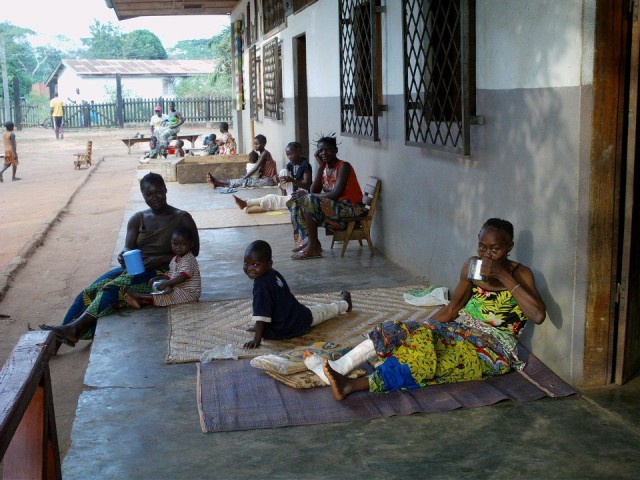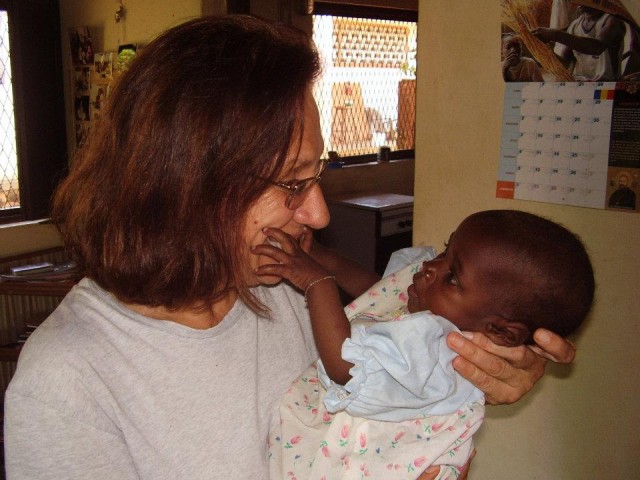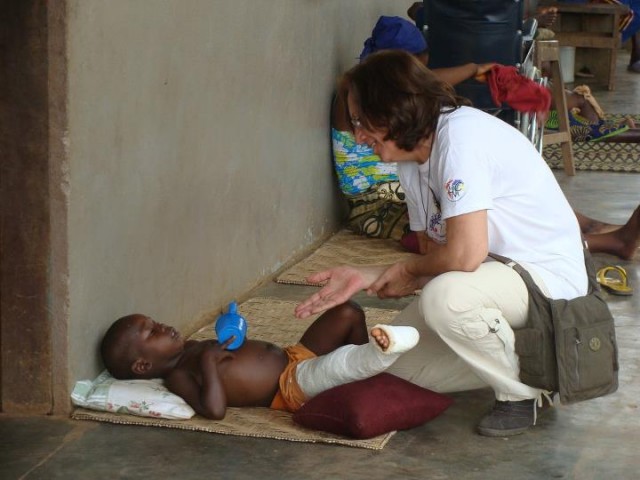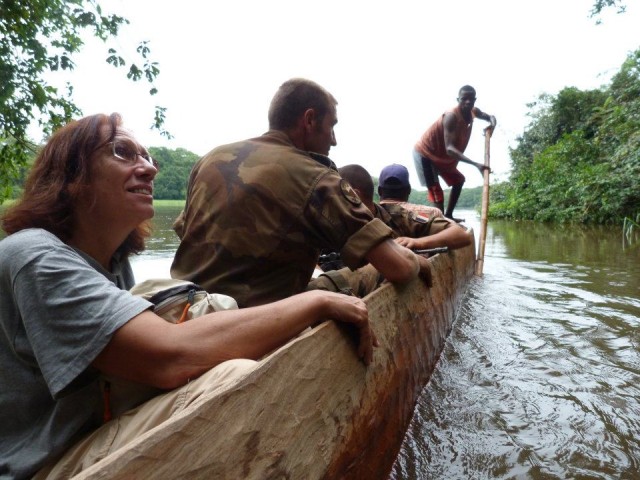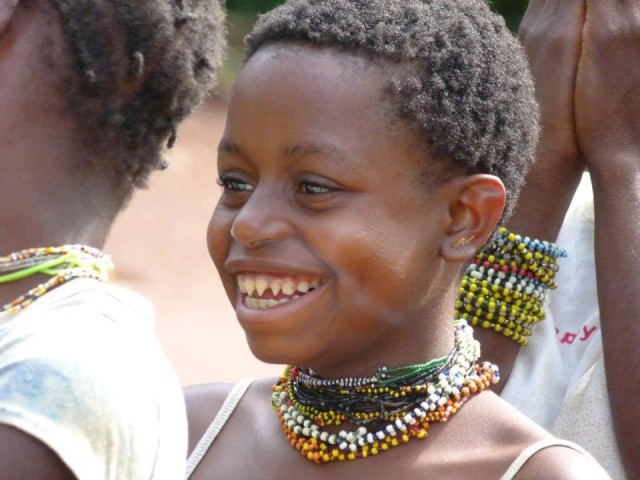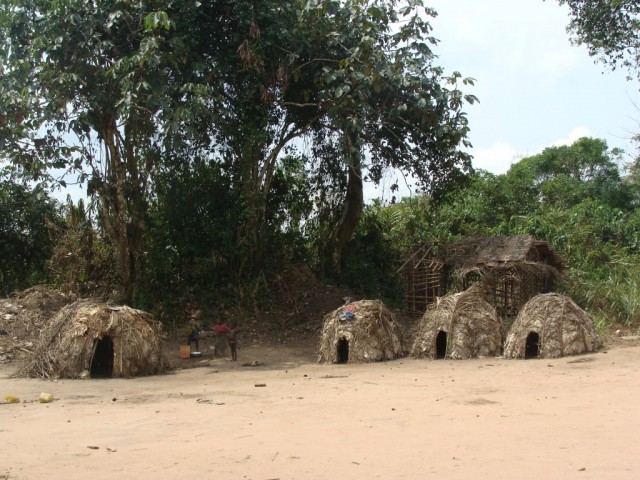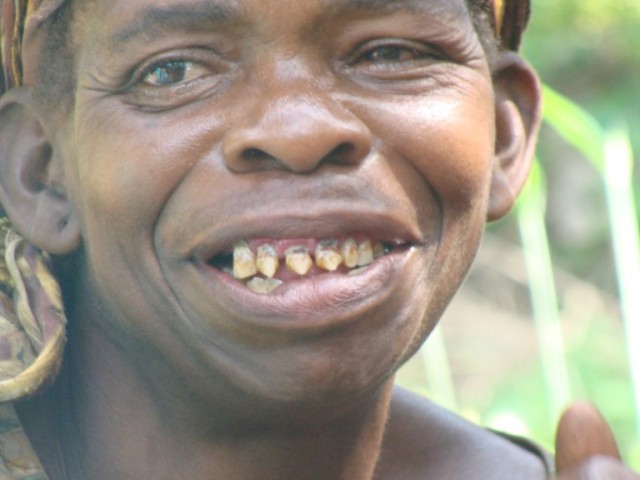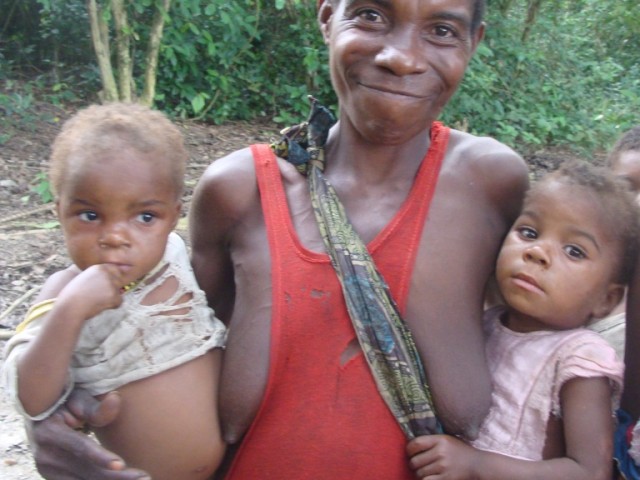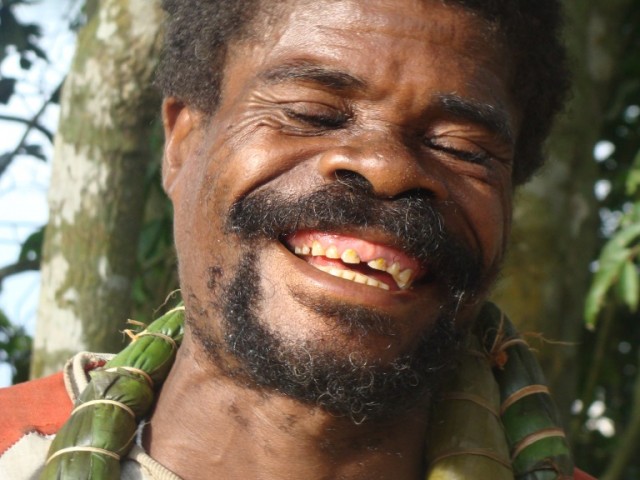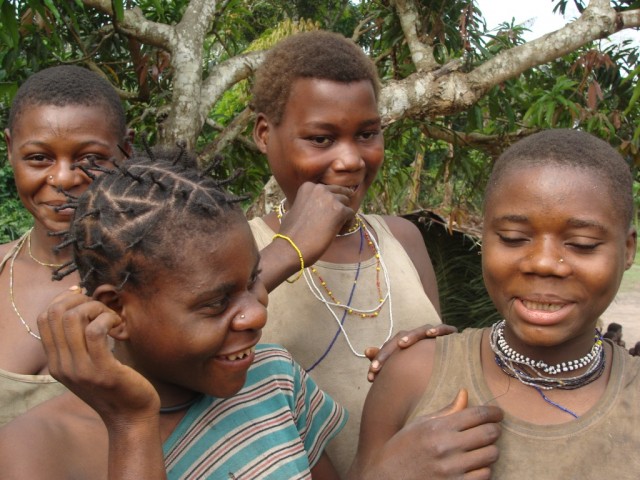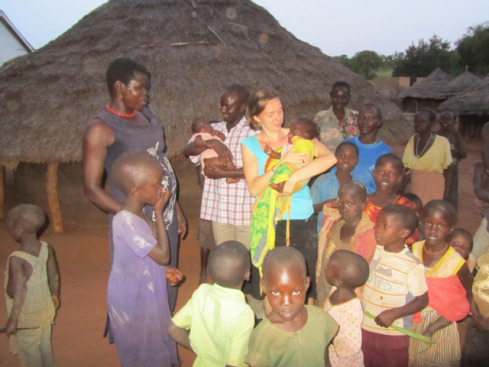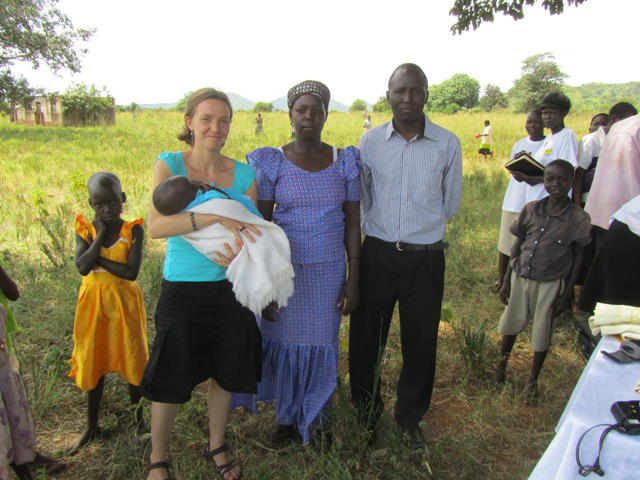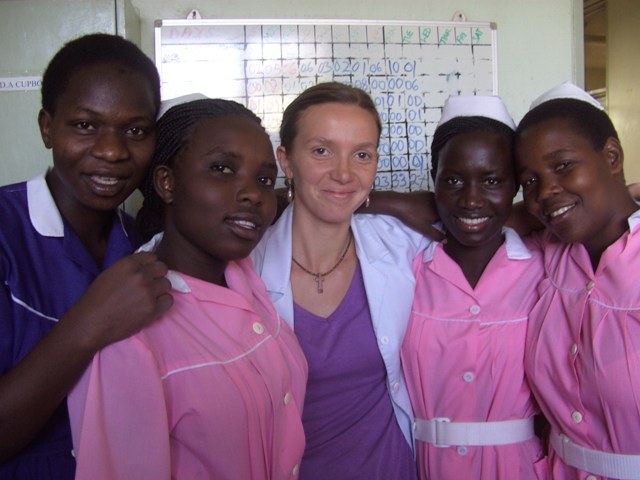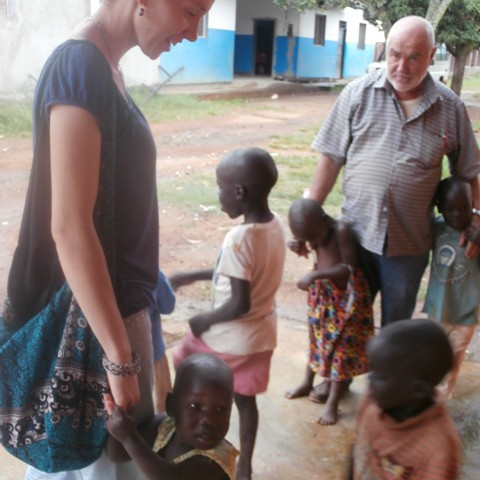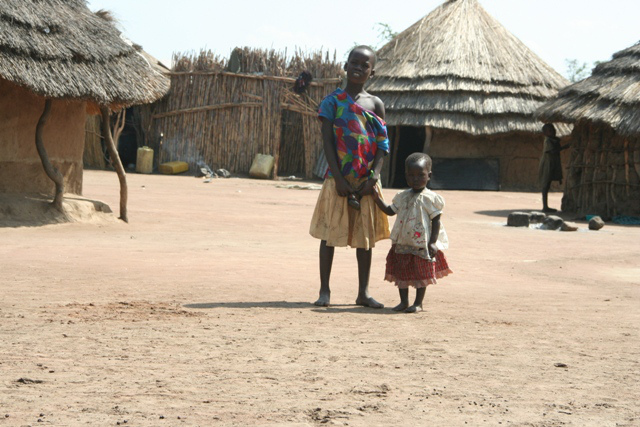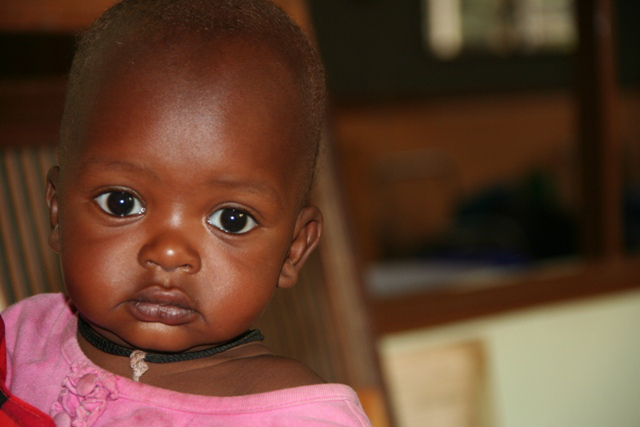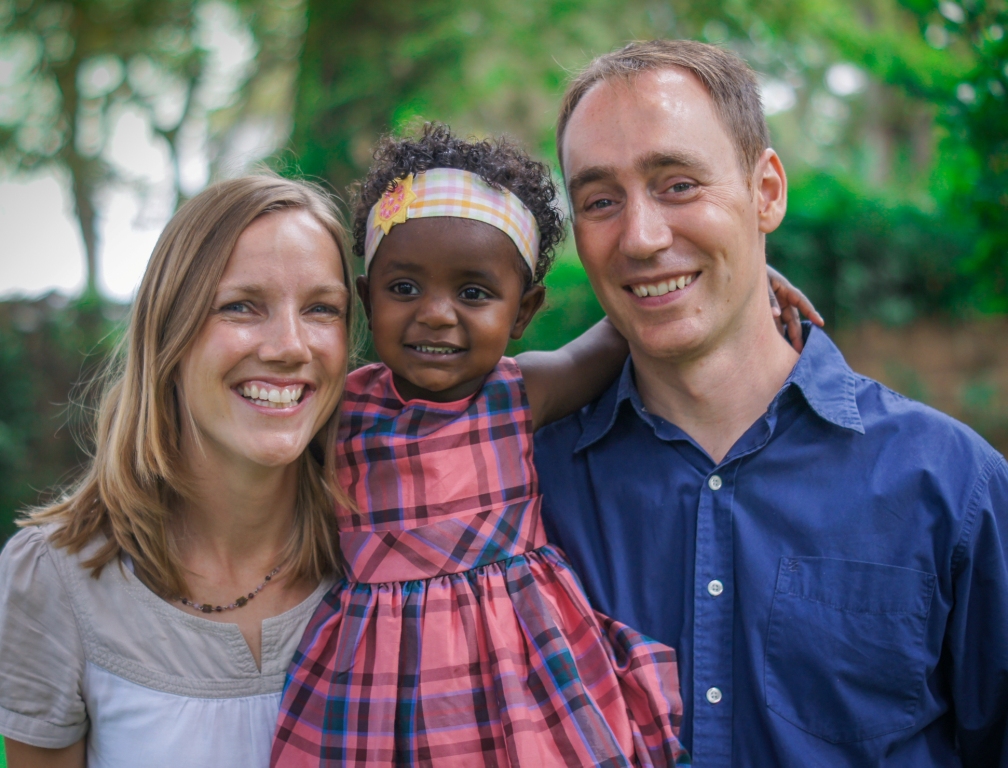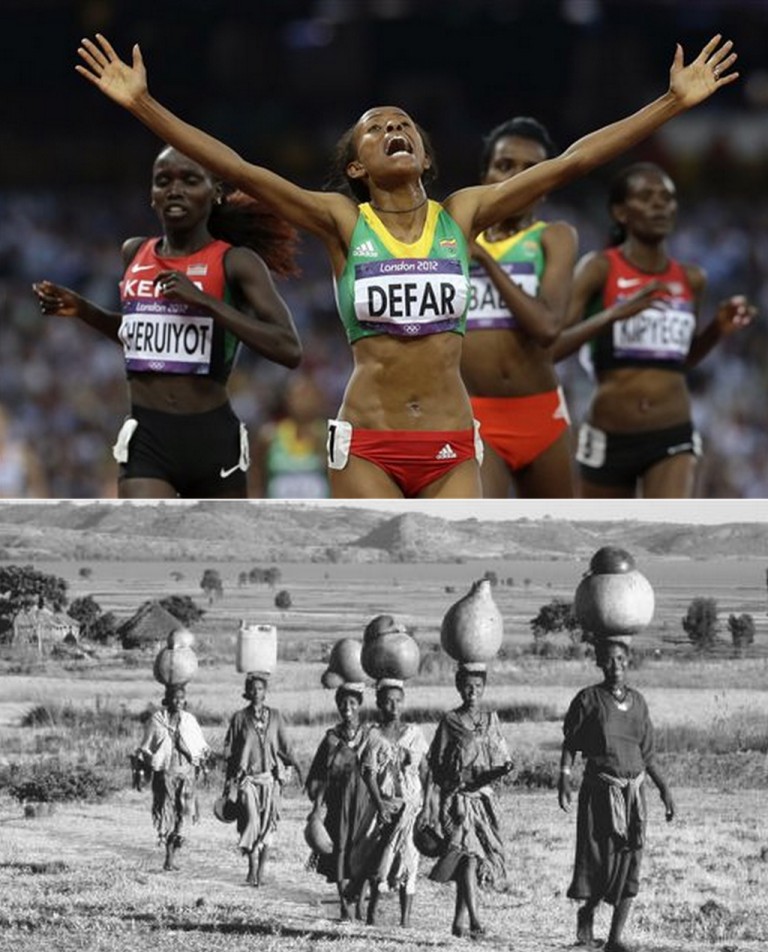HEALTHCARE PROGRAM FOR PYGMY POPULATION IN MONGOUMBA
Central African Republic
Comboni Family united for a common cause
Context:
This year, the Comboni family in Portugal will have as central theme of the year the slavery. Therefore, given the circumstances of the countries in which we work as Comboni family, we have joined in support of a project for the Pygmies of Mongoumba – RCA (where we have our CLM Elia Gomes responsible for the health issues).
The village of Mongoumba is located in the equatorial forest in Lobaye, Prefecture of the Central African Republic, and is bordered by the Democratic Republic of Congo and the Republic of Congo, in the equatorial forest.
The estimated population is 21,235 inhabitants, with over 50% of young people (under 20 years).
Here are around thirty villages located mainly on the banks of the Ubangi and Lobaye rivers. The population is ethnically diverse; the largest ethnic groups are the Mondzombo and Ngbaka, from the Bantu group. There is still a group of Pygmies Aka, according to the latest census carried out by CARITAS, in 2004, the number of people who belong to this ethnic group was 3089, being distributed in more than 80 camps disseminated in the forest.
Despite being pygmies the first inhabitants of this region, they suffer of discrimination from the rest of the population that uses them as cheap labor and excluded from social organizations.
The economic activities belong to the primary sector: coffee, bananas, cassava, hunting, fishing and gathering fruit. In this area existed logging and mining companies exploiting the natural resources causing the disruption of the balance of the ecosystem and destroying the natural habitat of the pygmies.
Introduction:
To support the Pygmy population at health level, the mission -and more specifically the community of Comboni Lay Missionaries (CLM) present there- intended to serve as a bridge between this population and the local public health center, as well as facilitate the access to Pygmies to medicines, nutrition programs, epilepsy, as well as vaccination campaigns and access to safe drinking water (through the construction of wells in the jungle).
The pygmy population fails to go beyond a collaboration of 2% of the total expenditure on health.
Activities:
1. Donation of medicines needed for the Pygmies having a financial contribution from them.
2. Health education for individual and group during the consultations and in the pygmy camps in different topics like vaccination and the disease with greater incidence.
3. Accompaniment, medication and training in cases of epilepsy and malnutrition (very common in this region).
4. Creation of 2 wells in the jungle to meet the drinking water needs.
Budget (in Euros) for the development of the activities (for one year):
|
Concept |
Finance needed |
| Drug expenses |
3 700,00 € |
| Malnutrition |
550,00 € |
| Epilepsy |
630,00 € |
| Vaccination / sensitization campaigns |
150,00 € |
| Construction of 2 wells |
250,00 € |
| Total |
5 280,00 € |
This project aims to ensure a minimum level of health for the Pygmies of this region (as these are the poorest of the poor).
Along with these activities, the Catholic Mission of Mongoumba does other activities in both education and in terms of Pastoral ministry. Therefore, this project is only a part of the comprehensive work done in the mission.
From now, the CLM community present in Mongoumba is grateful for the cooperation of everyone and especially the attention paid to the reality of the Pygmies. It is, in fact, in constant collaboration that we can continue the Mission and slowly, together, we believe that we can build a better world, “that many have life and have it abundantly” (Jn 10, 10).
Note: Currently, in this mission is present Elia Gomes, CLM nurse, who takes care of matters concerning to health issues.
The CLM from Portugal are available to provide any additional information, support, and answer for any questions that may arise:
You can download the project brochure KWE ZO ZO here.
You can follow the project in Facebook here.
Susana Vilas Boas: (00351) 960 145 875 susanavilasboas@gmail.com (made part of this community for 5 years).
Sandra Fagundes: (00351) 966 592 658 sandrafagundes@gmail.com (treasurer of the CLM)
Donations can be deposited in the account:
IBAN: PT50 0036 0131 99100030116 60
SWIFT: MPIOPTPL




